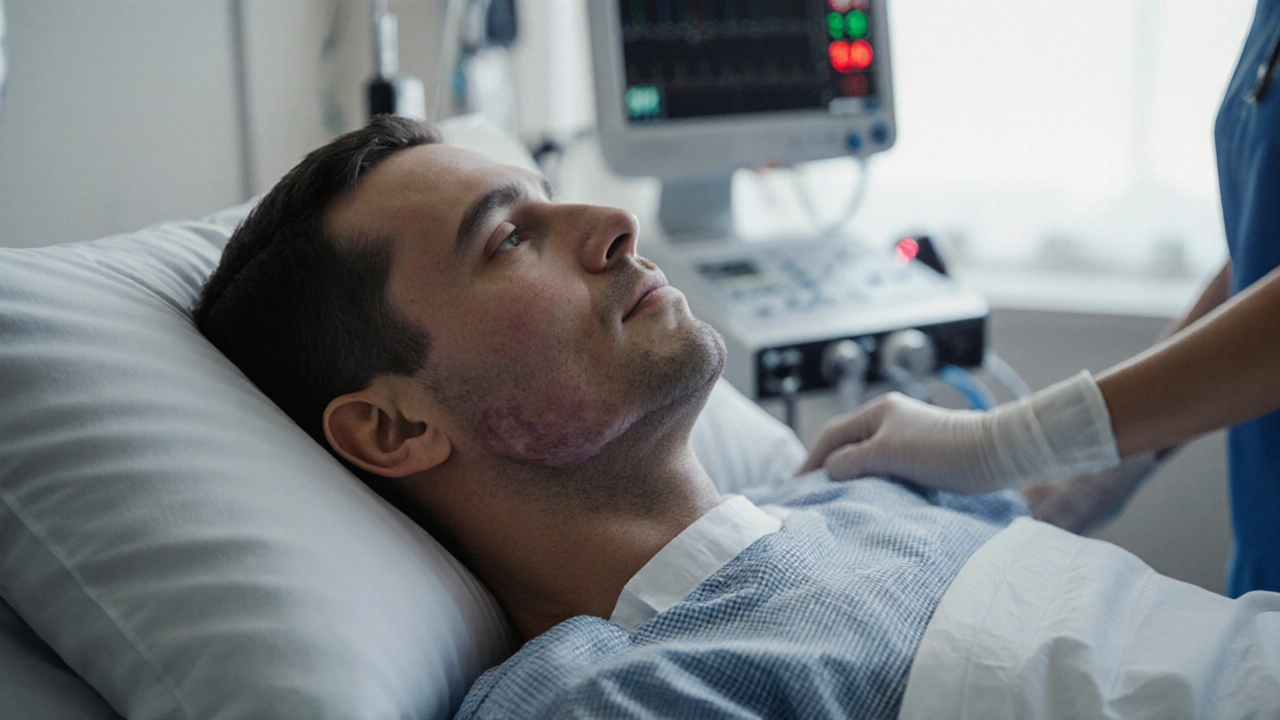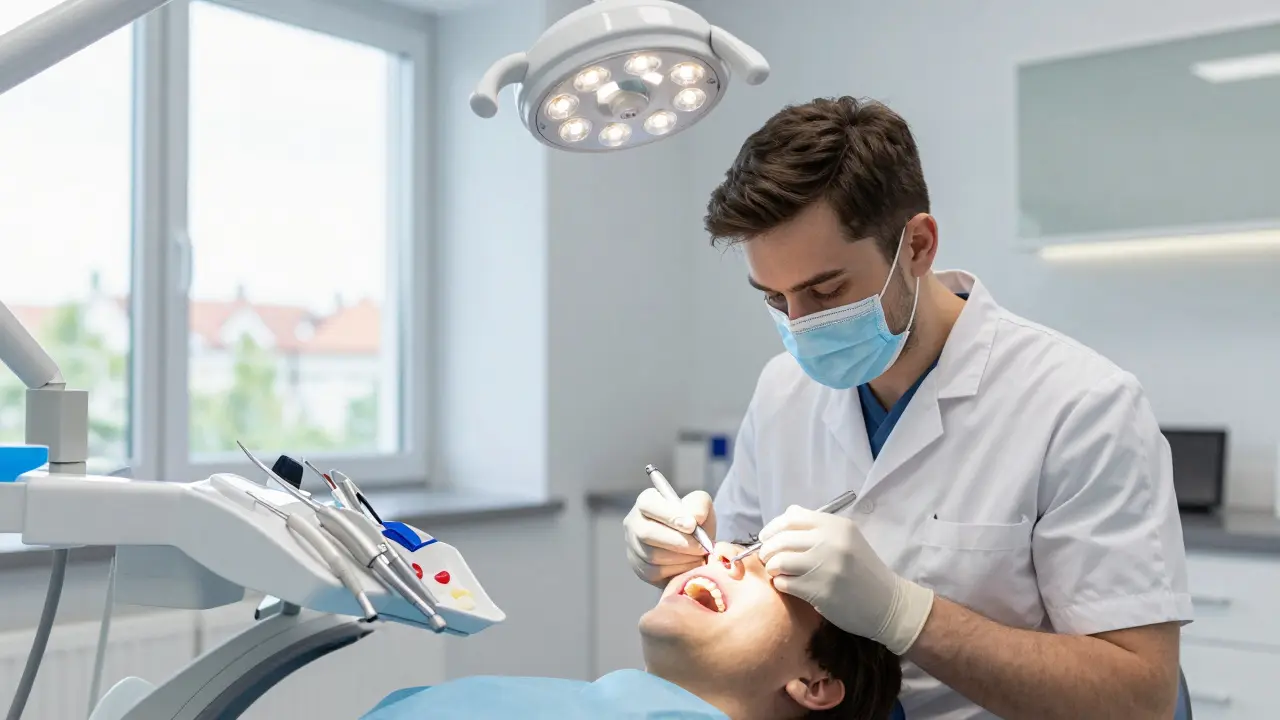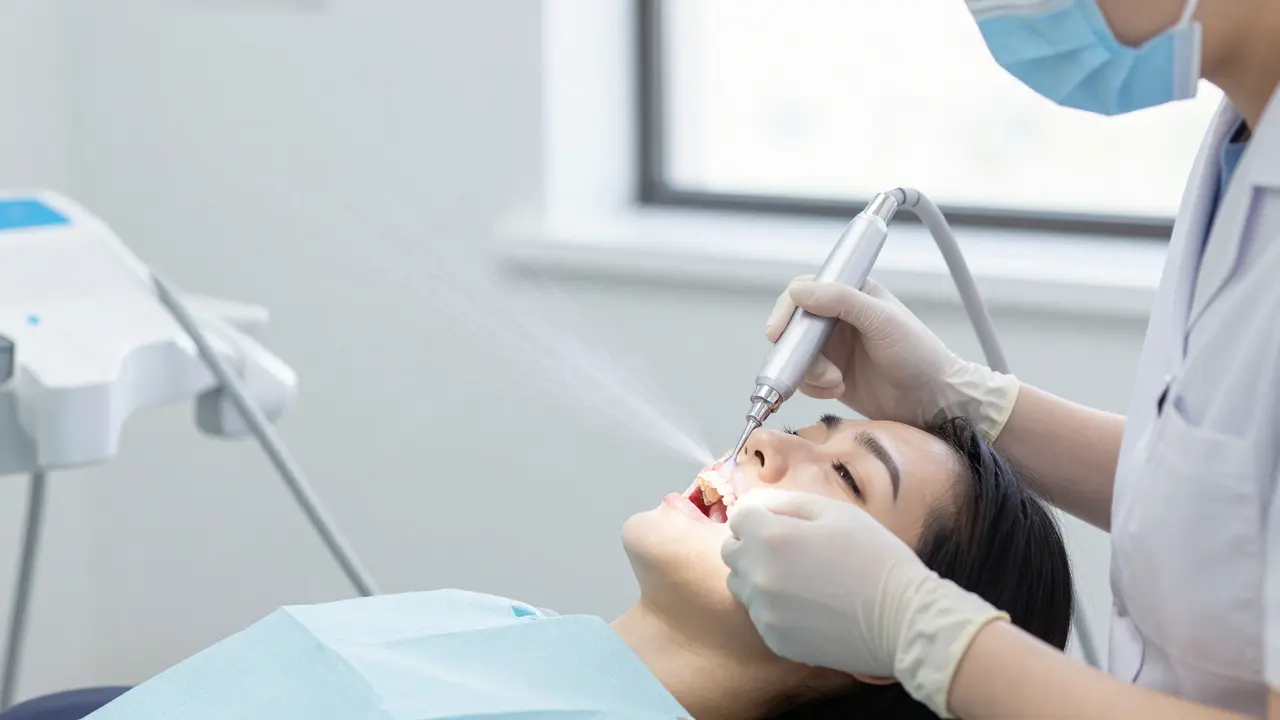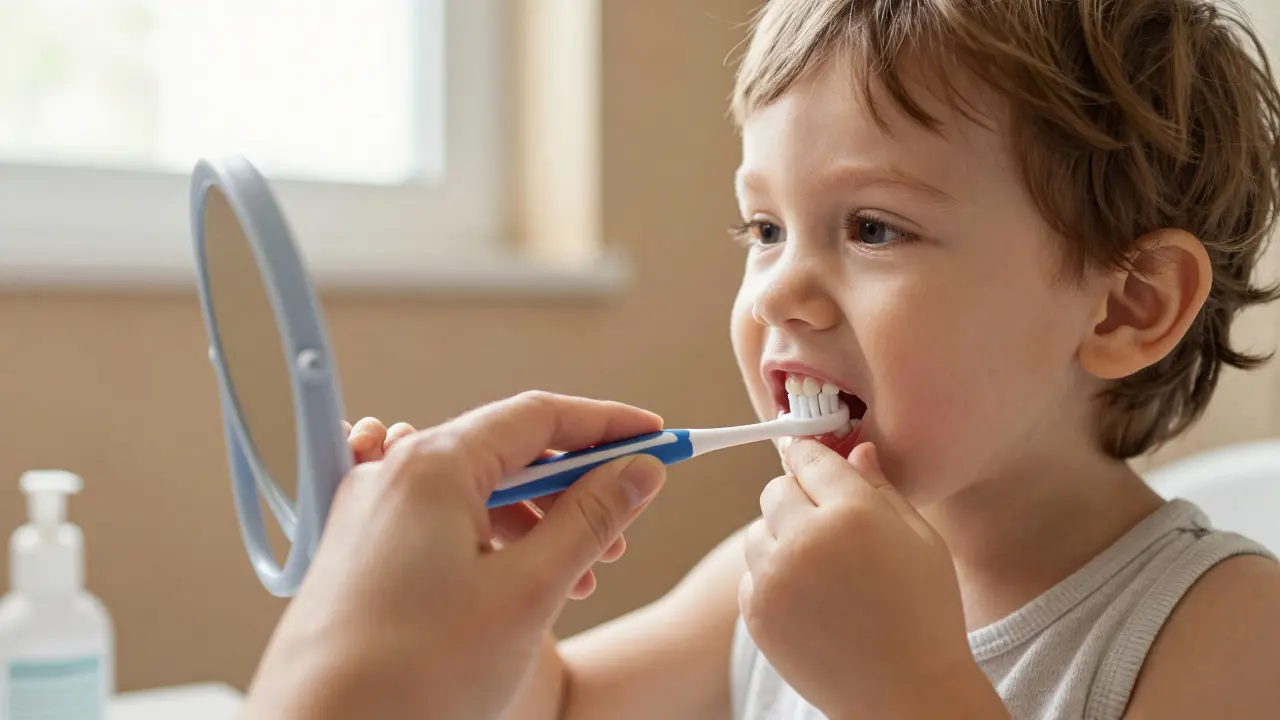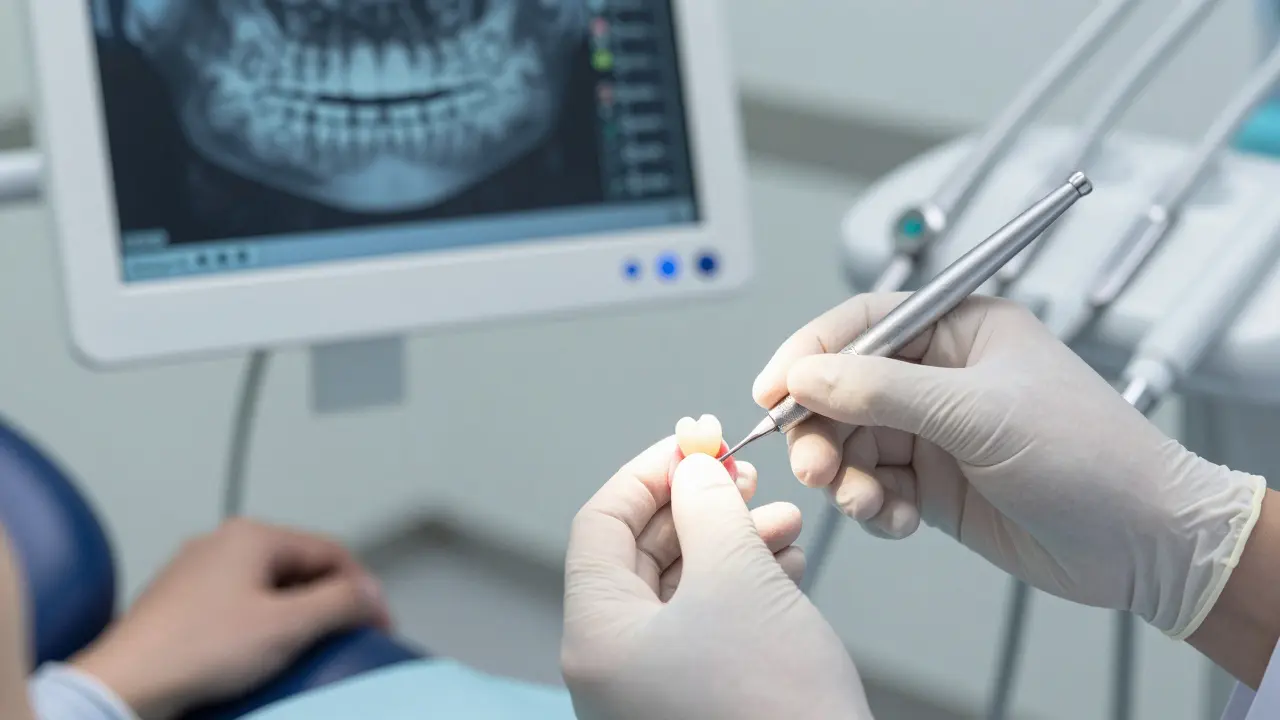Závěrečná péče po operaci: Co musíte dělat, aby se zuby zahojily správně
When you undergo a dental procedure like tooth extraction or implant placement, the závěrečná péče po operaci, sada kroků, které zajišťují správné hojení po zubním zákroku. Also known as pooperační péče, it is not just about avoiding pain—it’s the main reason your healing goes smoothly or turns into a nightmare. Many people think the hard part is over once the dentist finishes. But the truth? The next 48 to 72 hours decide everything.
After a tooth removal, your body starts building a blood clot in the empty socket. That clot is your body’s natural bandage. If you rinse too hard, suck through a straw, or smoke, you risk dislodging it—and that’s when alveolitida, zánět čelistní kosti po extrakci zubu kicks in. It’s not common, but when it happens, it hurts like hell and can delay healing for weeks. Even simple things like eating hot soup or drinking alcohol too soon can interfere with this delicate process. Your dentist might give you instructions, but they’re not just formalities—they’re survival rules.
Don’t underestimate the role of ústní hygiena, mírné čištění zubů i po operaci, ale bez agresivního pláchnutí. You still need to clean your teeth, but gently. Use a soft brush and avoid the surgical site for the first 24 hours. After that, saltwater rinses (one teaspoon in warm water) are your best friend—they reduce swelling and flush out food particles without disturbing the clot. And yes, ice packs on your cheek for the first day? Not optional. They cut swelling and numb the pain better than any over-the-counter pill in the first 24 hours.
What about food? Stick to soft, cool things for the first few days. Yogurt, mashed potatoes, smoothies. Avoid crunchy, spicy, or sticky foods—they get stuck, irritate the wound, and can cause infection. And no chewing on the side where the surgery happened. Your jaw needs rest, not workout.
If you notice bleeding that doesn’t stop after a few hours, severe swelling that spreads to your neck, fever, or a bad taste in your mouth that won’t go away—call your dentist immediately. These aren’t normal. They’re red flags for infekce, nežádoucí bakteriální zánět po zubní operaci. Early action stops small problems from becoming big ones.
And don’t forget: healing isn’t just physical. Your body uses energy to repair itself. Sleep more. Drink water. Skip the coffee and energy drinks—they dehydrate you and slow down recovery. Even stress can delay healing. Take it easy. Let your body do its job.
In the posts below, you’ll find real-life advice from people who’ve been through it—what worked, what didn’t, and the mistakes they wish they’d avoided. Whether you’re preparing for an extraction, got an implant, or just had a minor procedure, these guides give you the practical, no-fluff steps to heal faster, safer, and with less pain.
Co sledujeme u pacienta po operaci v maxilofaciální chirurgii?
Po operaci v maxilofaciální chirurgii je klíčové sledovat otok, bolest, teplotu, stav švů a hygienu úst. Správná péče po operaci zabraňuje infekcím a zrychluje hojení. Víte, kdy je třeba okamžitě zavolat lékaře?

